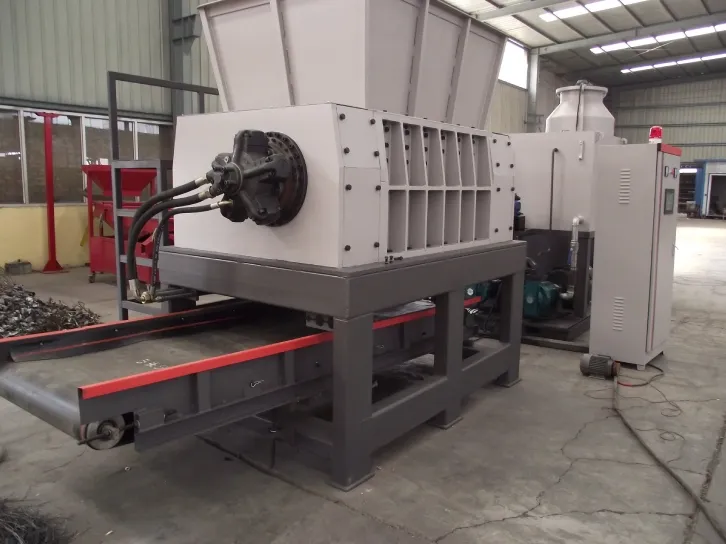

нов . 18, 2024 13:37 Back to list
The Role of Hammer Crushers in Cement Plants
Cement is a fundamental building material, essential for construction and infrastructure development. The production of cement involves several intricate processes, and one critical component in this chain is the hammer crusher. Hammer crushers play a vital role in the initial stages of cement production by preparing raw materials for further processing.
Understanding Hammer Crushers
A hammer crusher is a type of impact crusher that grinds materials by the impact of hammers mounted on a spinning rotor. As raw materials enter the crushing chamber, they are pulverized by the rotating hammers, which strike the materials against a crushing plate. This mechanism ensures that the materials are broken down into smaller, manageable sizes, making them well-prepared for the subsequent milling and blending processes.
Importance of Raw Material Handling
In a cement plant, the quality and particle size of raw materials, such as limestone, clay, and shale, significantly influence the efficiency of the production process and the quality of the final product. For instance, limestone typically needs to be crushed to a size that allows it to be easily blended with other materials and brought to the kiln for calcination. Hammer crushers are adept at handling the diverse range of materials found in cement production, effectively optimizing their size for the next processes.
Efficiency and Cost-effectiveness
Using hammer crushers in cement plants offers several advantages. They are known for their high efficiency in crushing materials, which helps reduce energy consumption. Since cement production is energy-intensive, optimizing the crushing process contributes to lower operational costs. Furthermore, hammer crushers can handle a wide range of material types and sizes, making them versatile tools in a cement plant's processing flow.

Additionally, the design of hammer crushers allows for easy maintenance, which is essential for minimizing downtime and ensuring continuous operation. Their relatively simple construction means fewer components are likely to fail, which translates into lower maintenance costs and increased availability for production.
Environmental Considerations
With the growing emphasis on sustainable practices, modern cement plants are focusing on reducing their environmental impact. Hammer crushers aid in this effort by minimizing waste generated during the crushing process. The consistent and predictable size of the crushed materials helps in achieving a more uniform product, which, in turn, reduces the need for excess raw materials and lowers the overall carbon footprint of cement production.
Moreover, the compressor design of many hammer crushers allows for dust control systems to be integrated, which significantly reduces airborne pollutants. This is particularly important in cement plants, where dust can pose health risks to workers and contribute to environmental degradation.
Technological Advancements
As technology evolves, so does the functionality of hammer crushers in cement plants. There are now advanced models that incorporate digital monitoring systems, allowing for real-time assessment of performance metrics. This data can be invaluable for operators seeking to optimize crusher settings for maximum efficiency or for predictive maintenance purposes. By analyzing wear patterns and predicting when parts will need replacement, plants can avoid unexpected breakdowns and costly repairs.
Conclusion
Hammer crushers are essential components in the cement production landscape. They not only enhance the efficiency of raw material processing but also contribute to cost savings and environmental sustainability. As cement plants continue to adapt to changing market demands and regulatory pressures, the role of hammer crushers will likely evolve too, driven by technological advancements that improve their performance and integration into the overall production system. Their combination of efficiency, versatility, and simplicity ensures that hammer crushers will remain a cornerstone of cement manufacturing for years to come.
Latest news
Troubleshooting Common Eddy Separator Problems
NewsJul.04,2025
The Role of Metal Recycling Plants in Circular Economy
NewsJul.04,2025
The Impact of Recycling Line Pickers on Waste Management Costs
NewsJul.04,2025
Safety Features Every Metal Shredder Should Have
NewsJul.04,2025
How Industrial Shredders Improve Waste Management Systems
NewsJul.04,2025
How Cable Granulators Contribute to Sustainable Recycling
NewsJul.04,2025